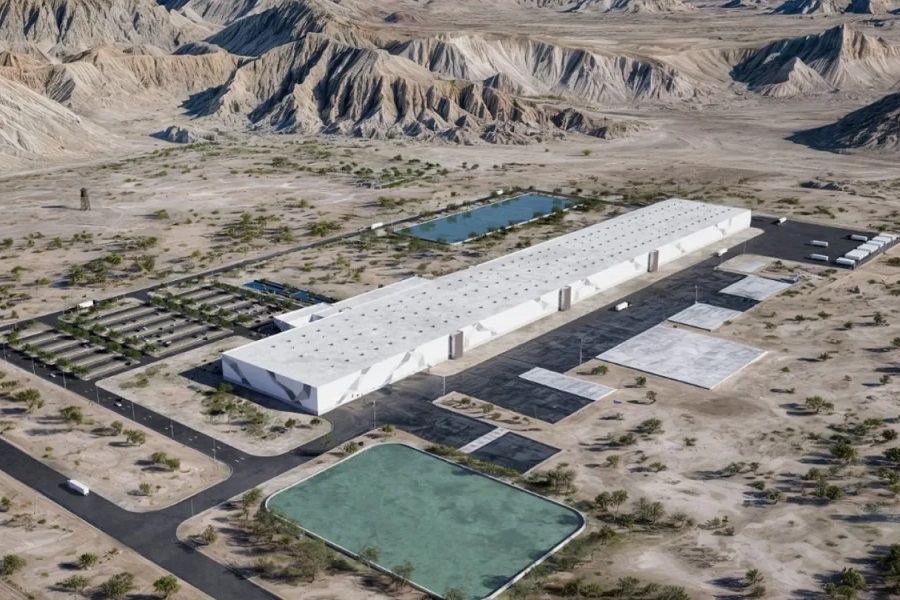11 Dec 2024

Tired Earth
By The Editorial Board

Supermaterials trailblazer Lyten will invest over $1 billion to build the world’s first lithium-sulfur battery gigafactory in Reno, Nevada.
The new factory will be capable of producing up to 10 gigawatt-hours (GWh) of batteries annually once it’s fully online. Phase 1 (rendering pictured above) is set to go live in 2027.
The new gigafactory will produce both cathode active materials and lithium metal anodes, and it will assemble battery cells in cylindrical and pouch formats. Lyten has already been working on this technology at its pilot facility in San Jose, California, which has been online since May 2023.
The Reno factory is part of Lyten’s plan to support its entry into the micromobility, space, drone, and defense markets starting in 2024 and 2025. The company says it already has a robust pipeline of potential customers, and it sees this new gigafactory as a crucial step toward meeting growing demand.
Lyten’s gigafactory will cover 1.25 million square feet on a 125-acre campus in the Reno AirLogistics Park. Initially, it will employ around 200 people, eventually expanding to more than 1,000 jobs. These positions will include roles for researchers, engineers, technicians, and more. The company plans to break ground in early 2025.
Lyten is also working closely with the University of Nevada-Reno (UNR), Truckee Meadows Community College, and Nevada Native American and Tribal members to develop a workforce pipeline. The goal is to create local jobs and train a talented workforce that can support the factory’s advanced manufacturing needs.
Community leaders are rightfully excited about the project. UNR President Brian Sandoval noted that Lyten’s technology plays a key role in northern Nevada’s growing lithium economy. Local officials and educational leaders expressed their enthusiasm, highlighting the benefits to the community, workforce partnerships, and economic development.
In February 2024, Chrysler announced the inclusion of Lyten’s lithium-sulfur batteries in its Halcyon concept EV. In May, Lyten shipped lithium-sulfur batteries to Stellantis and other US and EU OEMs for testing. Lyten has received more than $425 million in investment from companies including Stellantis, and the US Department of Energy granted Lyten $4 million to accelerate development.
Lyten’s CEO, Dan Cook, called the Nevada gigafactory a significant milestone for the company, describing lithium-sulfur as a “leap in battery technology.” Lithium-sulfur batteries are up to 40% lighter than lithium-ion batteries and use materials that are more abundant in the US, unlike traditional lithium-ion batteries that rely on imported minerals like nickel, cobalt, and graphite. However, they still have challenges to address, such as a shorter lifespan and less stability than lithium-ion batteries, before they go mainstream.
Source : electrek.co
Comment